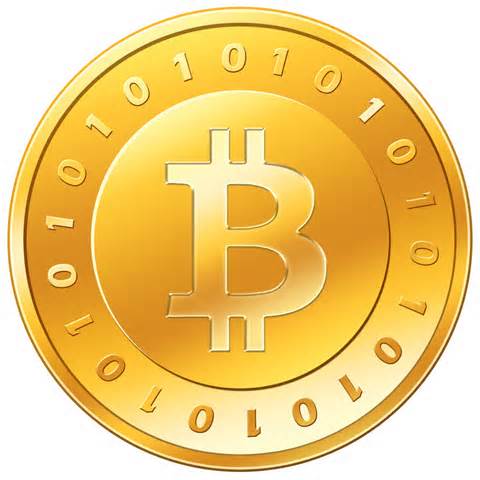Laura Gustafson will present during a one-hour PLI webinar briefing entitled “Catch Phrase or Trademark Infringement? A Trap for the Unwary,” on June 19 at 1:00pm EST.
The recent 2nd Circuit opinion in Kelly-Brown v. Oprah Winfrey, _F3d_, 2013 WL 2360999 (2d Cir 2013) highlights a potential trademark “trap for the unwary” and the need for vigilant clearance. Companies regularly make use of catch phrases and other short phrases, terms, and images in connection with advertising their primary brands. Often such phrases are merely intended to catch the attention of consumers, and are not intended to function as company trademarks or slogans. The Oprah case is a good reminder, however, that even seemingly tertiary and incidental phrases should be evaluated and properly cleared.
Topics to be discussed include:
- A detailed analysis of the district court and 2nd Circuit court decisions in Kelly-Brown v. Oprah
- The legal fine line between a mere “catchphrase” and a trademark use
- Practical implications for clearance
SPEAKERS
Laura Gustafson, Pillsbury counsel






